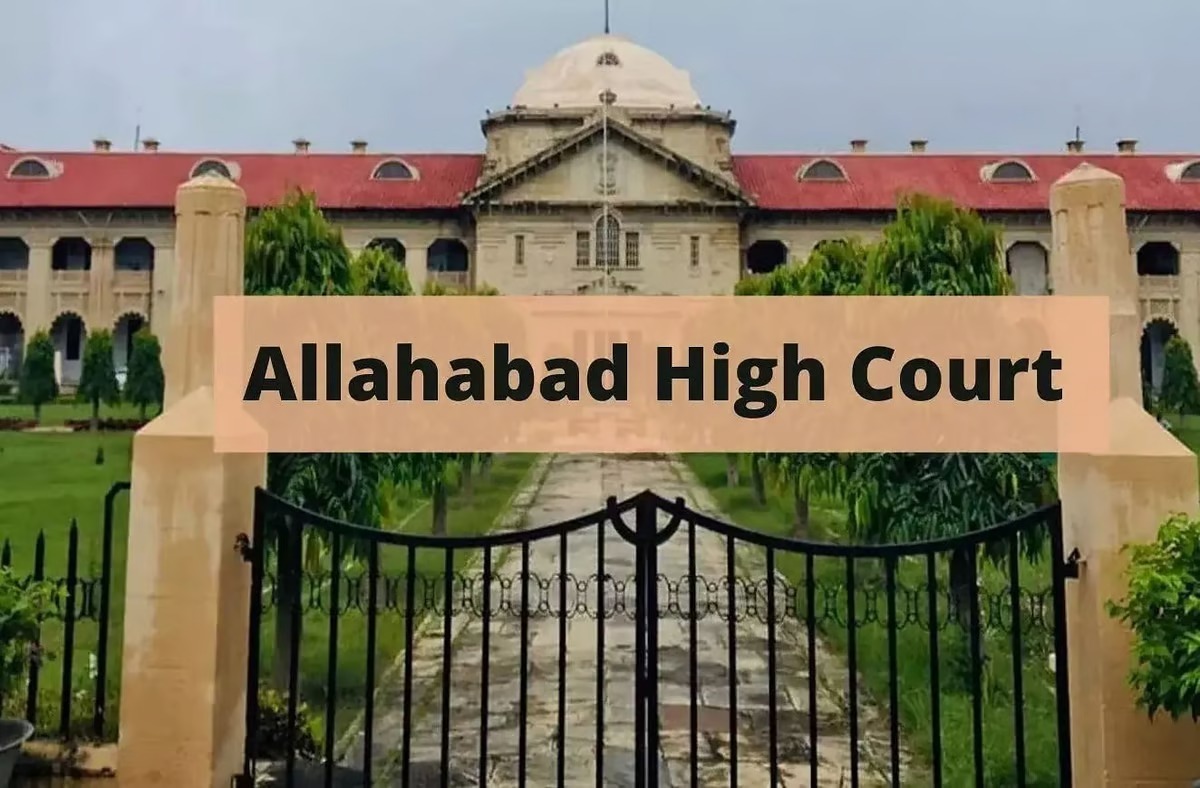@JUDGMENTTAG-ORDER
D. Hariparanthaman, J.@mdashThe Petitioner was appointed as Secondary Grade Teacher in the year 1992. When he was appointed as Secondary Grade Teacher he was a graduate and also he was in possession of B.Ed., degree. He obtained M.Ed., degree in the year 1997. After obtaining the same, he was granted incentive increment by an order dated 26.05.1997. Thereafter, he got higher qualification M.A. in the year 1999. After acquiring the said qualification one more increment was granted. While so, based on the audit objection on 10.07.2000, an order dated 19.03.2001 was passed for recovering both the increments given during the year 1997 and 1999. The Petitioner filed W.P. No. 6157 of 2001 questioning the aforesaid proceedings dated 19.03.2001 and this Court dismissed the said writ petition. The Petitioner filed W.A. No. 341 of 2007 and the same was disposed of with a direction to the Respondents to issue notice to the Petitioner with reference to the recoveries to be made and after getting explanation, an order can be passed. Thereafter, an order in December 2007 was passed for recovery of the incentive increments. According to the Petitioner, the said order was passed without hearing him and he filed W.P. No. 608 of 2008 to quash the aforesaid order in proceedings No. Na.Ka. No. 3426/A3/2001, dated 12.2007. The said writ petition was allowed and the first Respondent was directed to pass fresh order after hearing the Petitioner. Now, the first Respondent has passed the impugned order, dated 05.05.2008 that the Petitioner was not entitled to incentive increments and therefore, the recovery of the same is perfect in law. The Petitioner has filed the present writ petition to quash the aforesaid order, dated 05.05.2008.
2. No. counter affidavit was filed.
3. Heard both sides.
4. The learned Counsel for the Petitioner has relied on the
following judgments:
1) W.P. No. 6198 of 2001, dated 22.06.2009
2) W.P. No. 12554 of 2001, dated 03.08.2009
According to him, in the aforesaid judgments this Court has categorically held following the judgment of the Honourable Apex Court that if the increments were granted by the department on its own and the grant of increments is not based on any misrepresentation by the employee, the department is not correct in effecting recovery.
6. On the other hand, the learned Additional Government Pleader seeks to sustain the impugned order based on instructions.
7. I have heard the submissions made on either side. Admittedly, it is not the case of the Respondents that the incentive increments were granted based on any misrepresentation. The department granted incentive increments for getting higher qualification. Further more, the very purport of grant of incentive increment for acquiring higher qualification is for encouraging the teachers to pursue higher studies, so that it would benefit the student community at large. It is not in dispute that the Petitioner acquired both M.A. and M.Ed., degree while he was in service as teacher. I do not understand as to how the Respondents could come to the conclusion that the teacher is not entitled to incentive increments for acquiring M.A. and M.Ed., qualifications.
7. In an identical situation, this Court in the judgment reported in 2008-3-L.W.383 R.PREMAKUMARI v. STATE of TAMIL NADU & ORS) has held that after acquiring higher qualification a Secondary Grade Teacher, who was in possession of degree with B.Ed., at the time of his appointment, is eligible for incentive increment. The relevant passage of the said judgment is extracted hereunder:
7. The learned single Judge has observed "Incentive increments are granted only for persons acquiring higher qualifications while in service but not to a person, who possesses a higher qualification even before entering into service."
8. We do not think the aforesaid observation of the learned single Judge can stand the scrutiny of logic or even reality. The obvious intention in granting an incentive increment is for attracting higher qualified people or for encouraging the existing employees to acquire higher qualification, even though in service, so that the quality of service would improve. This is obviously on the assumption that a higher qualified person could work more efficiently. Therefore, it defies logic as to why a person who had already qualified would not get an incentive increment, if such an incentive increment is given to a lower qualified person in service, who acquires subsequently such higher qualification. Such a differential treatment would not stand the scrutiny of right to equality as enshrined in Article 14 and 16 of the Constitution.
8. Further more, as rightly contended by the learned Counsel for the Petitioner, when the incentive increments were not pursuant to any misrepresentation, the department is not correct in recovering the same, in view of the above said Judgment. Hence, the impugned order is liable to be quashed and accordingly it is quashed. The writ petition is allowed. No. costs. Consequently, connected miscellaneous petition is closed.

